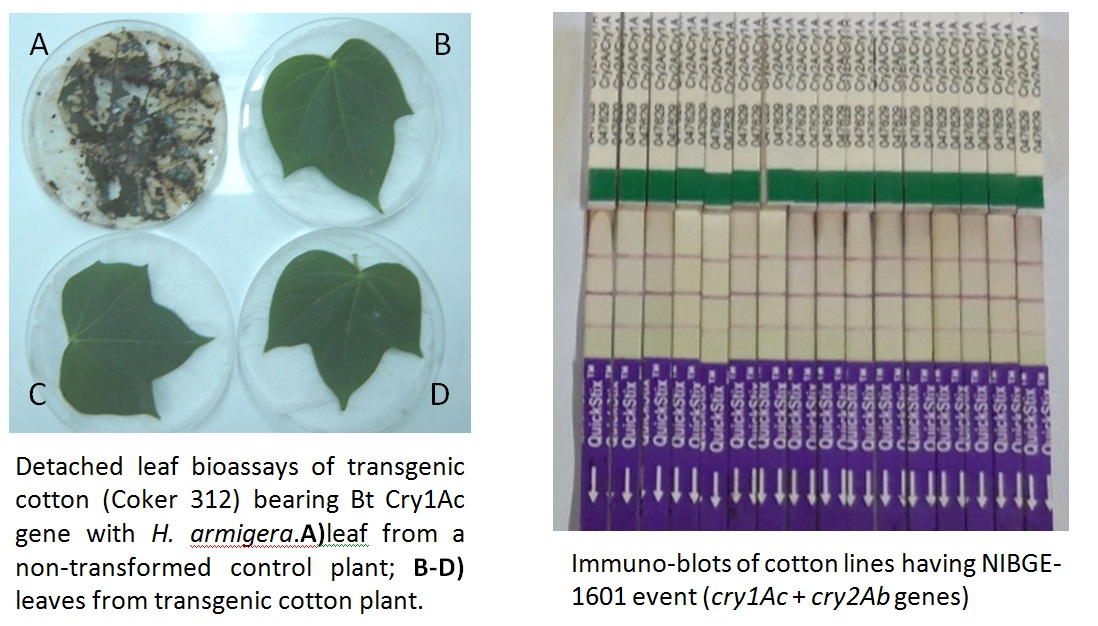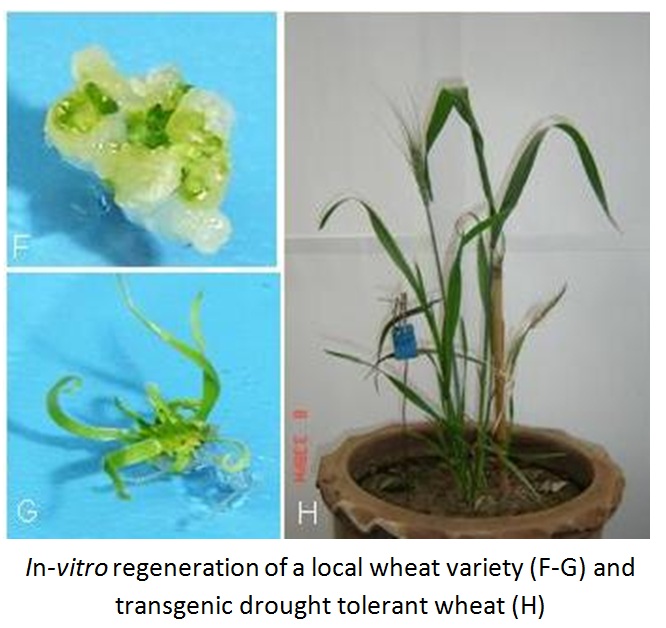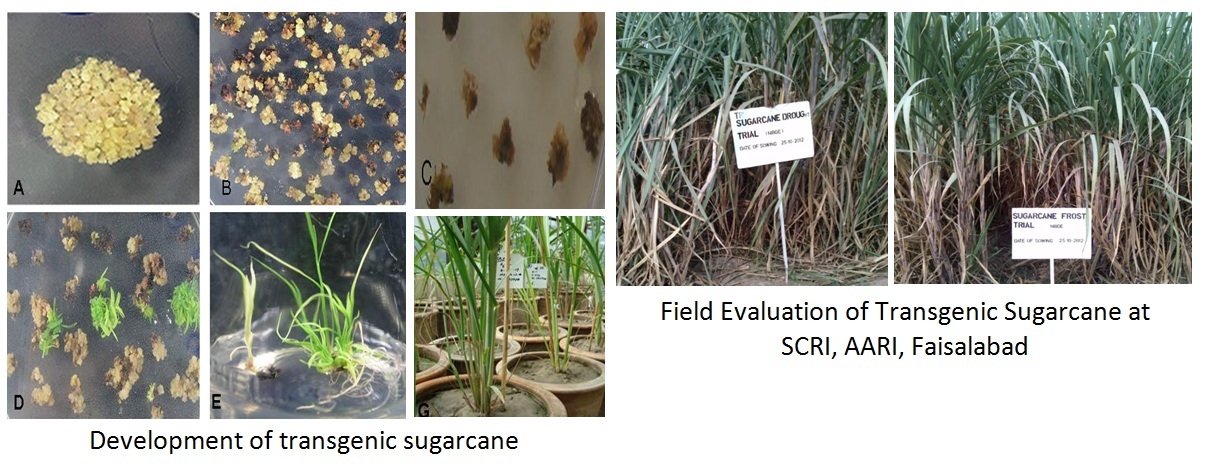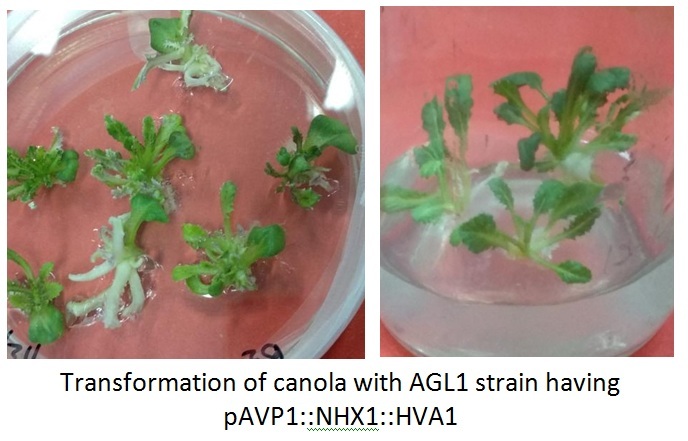order abortion pill online usa
name of abortion pill in u
prednisolon 5 mg
prednisolon kol
link
sertraline alcohol interactions
sertraline with alcohol
hk.onkyo.com
(Group Leader)
Dr. Nasir Ahmad Saeed
Chief Scientist
Team Members:
- Ch. M. Moddassir Ahmed (Pr. Scientist)
- Dr M. Arshad (Pr. Scientist)
- Dr Ghulam Raza (Pr. Scientist)
- Dr.Niaz Ahmad (Pr. Scientist)
The group is involved in the development of transgenic plants (cotton, wheat, sugarcane, potato, soybean and canola) for biotic, abiotic stress, herbicide tolerance, enhanced nitrogen use efficiency, improvements of fiber traits etc. Recently work has been initiated on crop improvement using new breeding technologies like genome editing and generation advancement through speed breeding.
Cotton:
We have developed synthetic Bt (cry1Ac, cry2Aband vip3A), non-Bt (Hvt) and plant lectin genes which have been transformed into model plants and later into cotton for developing resistance against insect pests. The transgenic cotton lines having two (cry1Ac + cry2Ab) and three (cry1Ac + cry2Ab + cp4-epsps) genes have been delivered to cotton breeders of public and private sectors as the germplasm source for evolving insect and herbicide resistant/tolerant cotton varieties. The transgenic events of these two and three gene cotton lines have been characterized and patents have been filed with IPO Pakistan. We have also developed drought/salt tolerant cotton expressing AVP1/AtNHX1gene which shows higher seed viability / seed germination percentage in addition to drought and heat tolerance. We have also developed transgenic cotton with improved fiber traits. In addition, Cotton group is providing technical support for developing transgenic cotton with genes/constructs developed by other groups for virus (CLCuD) resistance by targeting the virus and its vector (whitefly), seed Gossypol reduction, etc.


Wheat:
A large number of drought, salt and heat tolerance conferring genes (AVP1, HVA1, AtNCED3, WXP1, DREB1A, AtNHX1, AtJUB1, HvGSNOR1, AtPLC3, AtPLC5, AtCIPK16, Hvp-PDNA, AsKa, PQL1 etc.) have been transformed into local varieties of wheat. Limited field trials of some of these transgenic wheat lines have shown better yield under drought/salinity/heat stress conditions. Biosafety studies of these lines have also been completed. To improve nutritional quality, fifty wheat lines with high iron (Fe) and zinc (Zn) contents and disease resistance, have been screened. Eight of them gave significantly higher yield than control varieties. To improve tiller number, RDA (Zaxinone) gene was transformed into wheat and barley varieties. Four new sets (50 entries each) of wheat germplasm lines are under testing for high grain yield, heat/drought stress and high Fe/Zn. To improve nitrogen use efficiency in wheat, Alanine aminotransferase (AlaAT) gene was cloned under two promoters and transformed into tobacco and wheat. This material performs better under nitrogen deficient conditions. Overall, wheat biotechnology program has promising results for release of high yielding, stress tolerant and nutrient wheat varieties.

Sugarcane:
A number of genes conferring abiotic stress tolerance including DREB1A, AVP1 and AtNHX1 have been transformed into sugarcane. The transgenic sugarcane lines exhibited drought and frost tolerance under limted field conditions compared to the control. The cane yield with 20% less irrigation was at par with that of controls receiving 100% irrigation. Currently, some of the selected lines are undergoing field trials.

Potato:
A number of genes for abiotic (AVP1, Hsr1, DREB1A), biotic (late blight) and virus resistance (against potato viruses X, Y and PLRV) have been introduced into potato. We are collaborating with other groups in the Division for improvement of different traits through genome editing to reduce cold-induced sweetening in potato.
Soybean:
More than 300 accessions of soybean were evaluated and high yielding, disease resistant lines have been identified for spring/autumn cultivation for different agro-ecological zones of Pakistan. In addition to this, tissue culture and transformation system of soybean was established. Currently work on genetic transformation for improvement of different valuable traits is in progress.

Canola:
Homologues of AVP1, NHX1 and HVA1 from a naturally-adapted stress-tolerant plant species Thellungiellahalophila have been introduced directly into a native Brassicajunceafor engineering drought and salt tolerance. Earlier, we identified some commercial varieties having a high regeneration potential, much higher than a model cultivar, Westar. We are also using CRISPR technology to reduce the expression of glucosinolates and erucic acid in B.juncea to develop genotypes with higher qualitative potential.

Chloroplast transformation:
We are also using chloroplast transformation technology to develop biotic and abiotic stress-tolerant crop versions as well as to use plant leaves as cellular factories for the large-scale yet cost-effective production of high-value targets of commercial importance.